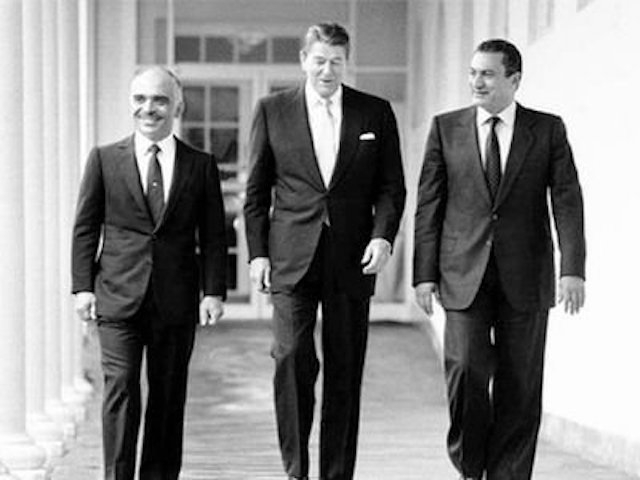On July 31, 1988, King Hussein of Jordan made a significant announcement, declaring his intention to completely disengage the Hashemite Kingdom from Judea, Samaria (West Bank), and East Jerusalem, effectively relinquishing control to the Palestinian Liberation Organization (PLO) and leaving the region open to Palestinian political influence. Despite this decision, King Hussein sought to maintain some level of influence over Jerusalem, a goal he achieved through the Jordanian Waqf, which continues to manage the Temple Mount compound to this day.
The annexation of the West Bank and East Jerusalem by King Hussein's grandfather, King Abdullah I, in 1950 had been a contentious move, opposed by the Arab League. The annexation occurred during Israel's War of Independence when Jordan took control of these areas. Jordan retained control until the June 1967 War, when Israel captured the territory following a Jordanian assault on West Jerusalem. Over the next two decades, Jordan engaged in discreet talks with various Israeli officials in an attempt to regain the land.
July 31, 1988 - King Hussein of Jordan Officially Disassociates from the West Bank
— Center for Israel Education (@israeleddotorg) July 31, 2021
King Hussein of Jordan announces his intention to politically disengage from the West Bank, leaving the PLO to fill the political vacuum.
Learn More: https://t.co/rjsCoOVmJZ#IsraelEducation pic.twitter.com/TixRGLZnDd
One notable attempt was the United Arab Kingdom Plan proposed by King Hussein in March 1972. The plan aimed to link the East and West Banks of the Jordan River, subject to Palestinian approval, which was organized under the PLO. However, both the PLO and Israel swiftly rejected the plan, and the rest of the Arab World followed suit. In 1974, the Arab League officially recognized the PLO, an internationally recognized terrorist organization as the sole legitimate representative of the Palestinian people.
"1.5 million Palestinians went to bed on July 31, 1988 as Jordanian citizens and woke up stateless in the morning." (Anis Qasem, Palestinian legal expert)
— Or Yissachar אור יששכר (@OrYissachar) June 14, 2020
When Jordan rebukes their citizenship, deafening silence.
When Israel gives them one, sanction threats.
Inverse world
Years of tension and disagreements with the PLO over who should negotiate with Israel for the future of the West Bank ultimately led King Hussein to withdraw all Jordanian claims to the territory in 1988. This decision came during the First Intifada, a period marked by intense Palestinian unrest and demonstrations against Israeli occupation. It became clear to King Hussein that the Palestinians desired their own independent state, and he recognized that administering the West Bank under Jordanian rule was not the solution they sought. Additionally, the rising radicalization of Palestinian organizations and acts of violence further convinced him to disengage from the region.
By dissociating from the West Bank, Jordan secured its own stability and focused exclusively on its territory on the East Bank of the Jordan River. This strategic move provided King Hussein with greater freedom to pursue peace negotiations with Israel. After years of dialogue with Israeli leaders Yitzhak Rabin and Shimon Peres, King Hussein signed a historic peace treaty with Israel in October 1994.
There is no such thing as “1967 borders.” Green line was “1949 armistice line” between Israel 🇮🇱 and Jordan 🇯🇴. It was agreed by both parties that it was not a border. Jordan officially relinquished West Bank on July 31, 1988. This is actual armistice map from 1949, 71 years ago. pic.twitter.com/TeTK7zFwuu
— Avi Kaner ابراهيم אבי (@AviKaner) October 26, 2020
The decision to disengage from the West Bank was a pivotal moment in Jordan's history, shaping its relations with the Palestinian people and its pursuit of peace with Israel. It marked a turning point in the country's foreign policy and demonstrated King Hussein's commitment to finding a peaceful resolution to the long-standing Israeli-Palestinian conflict. Today, Jordan continues to play a significant role in regional affairs and remains an important player in efforts toward a comprehensive peace in the Middle East.


